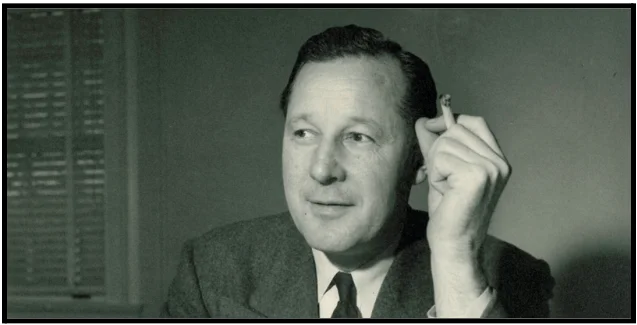Talking Big Ideas.
“The first step in solving a problem is to recognize that it does exist.”
~ Zig Ziglar
I was sitting around a large table with two executives.
They were practicing for an important presentation they had to deliver together. After an initial run through, I asked them each to guess how many filler words they used. All those pesky ums, uhs, ahs, likes, kindas, and you knows that sneak in while we talk.
The president responded, “about a dozen?”
She used 71.
She was shocked. I turned and asked her colleague the same question. He twisted in his chair, looked down, and lamented, “oh man, I had at least a hundred!”
He had 7.
This lack of awareness is common. Most people have no idea how many fillers they use when they talk. And the more it happens, the more speakers lose credibility with their audience.
How many filler words did you use the last time you spoke?
If you aren’t paying close attention, you may be surprised by the number of useless words filling your speech. And the impact they have on the way people perceive you.
A few weeks ago I encouraged you to watch Steve Jobs introduce the iPhone to the world. I drew attention to the power of his opening lines. Imagine instead he began with this:
So, this is a day I’ve kinda been looking forward to for, like, two and a half years. You know every once in a while, ah, a revolutionary product, uh, comes along that, um you know, like kinda changes pretty much everything.
If Jobs spoke like that, would it affect your impression of him? How about your excitement for the product he’s selling? And, perhaps, the company he works for?
Writers for TV shows add filler words for characters they want portrayed as confused or ignorant. Speakers on stage who use lots of fillers come across as unprepared, uncomfortable, and unprofessional. Research even shows it makes a speaker seem deceptive.
Yet the truth is everyone does it — regardless of age or background — unless they’ve put in effort to stop.
The author Scott Berkun writes, “People who speak without saying ‘um’ weren’t born that way. They used to do it and have worked their way out of the habit.” As with most things, we often start off bad and make progress with practice.
The first step is building awareness. What are the filler words you use? How often do you use them? Are there any contexts that trigger them?
Communications expert Lisa Marshall suggests recording yourself in conversations and then listening to the recordings for five minutes a day for two weeks: “Trust me, after a week of listening…you’ll have become acutely aware of your specific problems.”
As annoying as filler words are, they are equally rewarding to expunge. Thankfully, I’ve never met a person who can’t get rid of their fillers with a little effort. To fast track your progress, you can enlist the help of others.
Kim Hemsley, the fantastic training director at the Mercatus Center, uses a game buzzer. Every time a speaker uses a filler word in practice sessions, Kim audibly zaps them. Her students quickly learn to replace their fillers with pauses.
I have a buddy who trains by letting her husband toss coins in a glass jar. My favorite is mancala pieces into a metal bin.
The key is to have a noise that is shrill and annoying, which speaks to a primal part of our brains. Fillers quickly disappear!
***
![]() IDEA
IDEA
If you haven’t put in effort to stop using fillers, you’re probably using them. Either way, your audience notices.
Play the fillers game this weekend. Team up with a roommate, spouse, colleague or friend. Use a glass jar and some spare change. Before you start, write down your best guess as to how many fillers you will use.
Take turns talking for two minutes. Each time one of you uses a filler word, the other tosses a coin into the jar. Don’t stop talking until your two minutes is up, no matter how many fillers you use.
How close was your guess?
*** Finding out how often we use filler words can be uncomfortable. That discomfort is natural and a sign that we have begun to make progress. The more attention and effort we put into our speaking, or to most anything, the more comfortable we feel. And the better we get.
If you find this useful, please subscribe to our free weekly newsletter.




